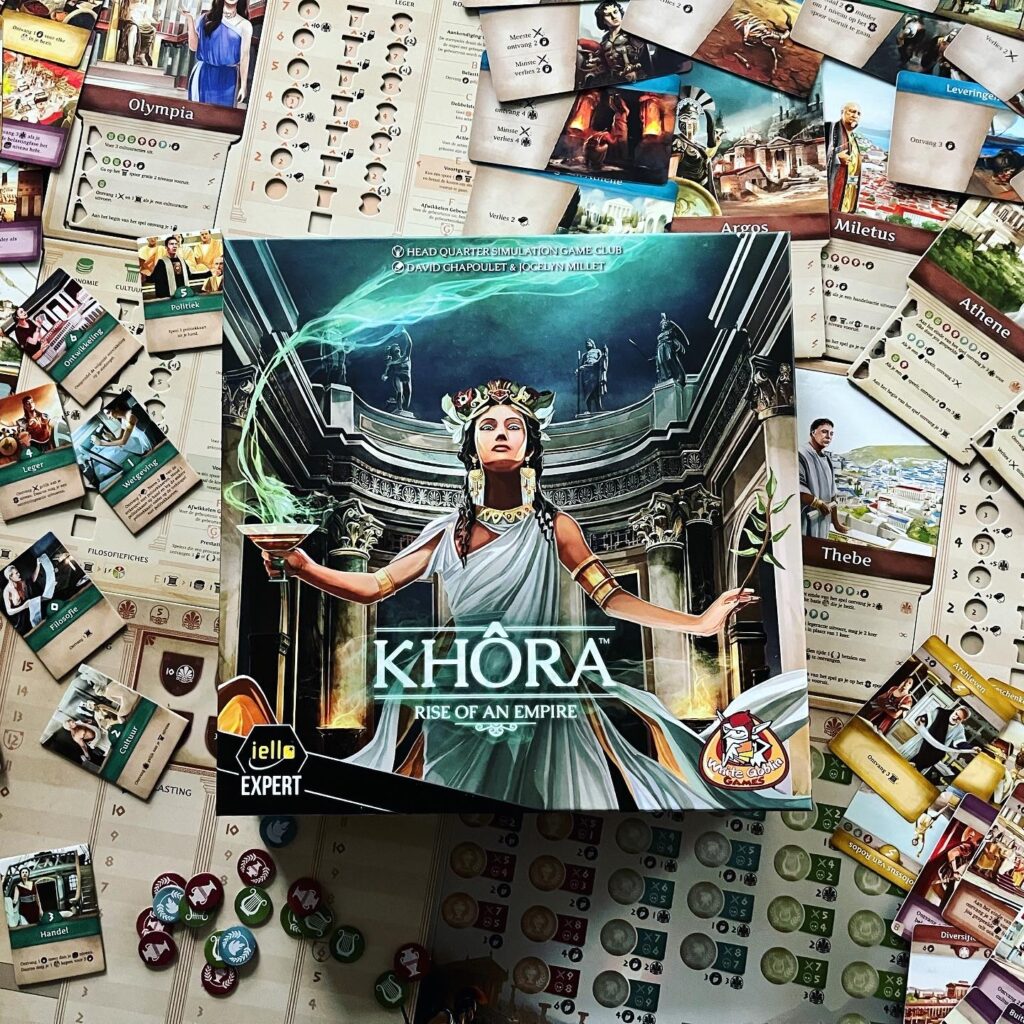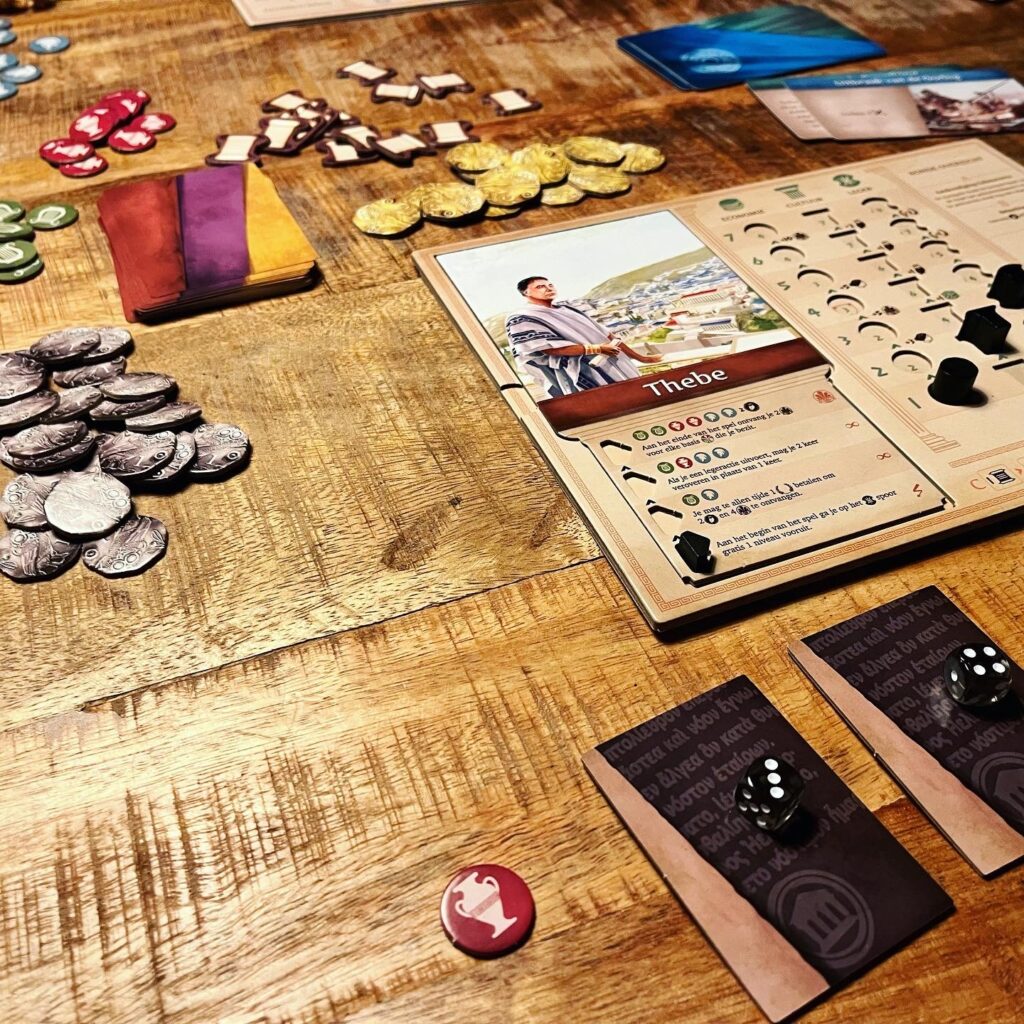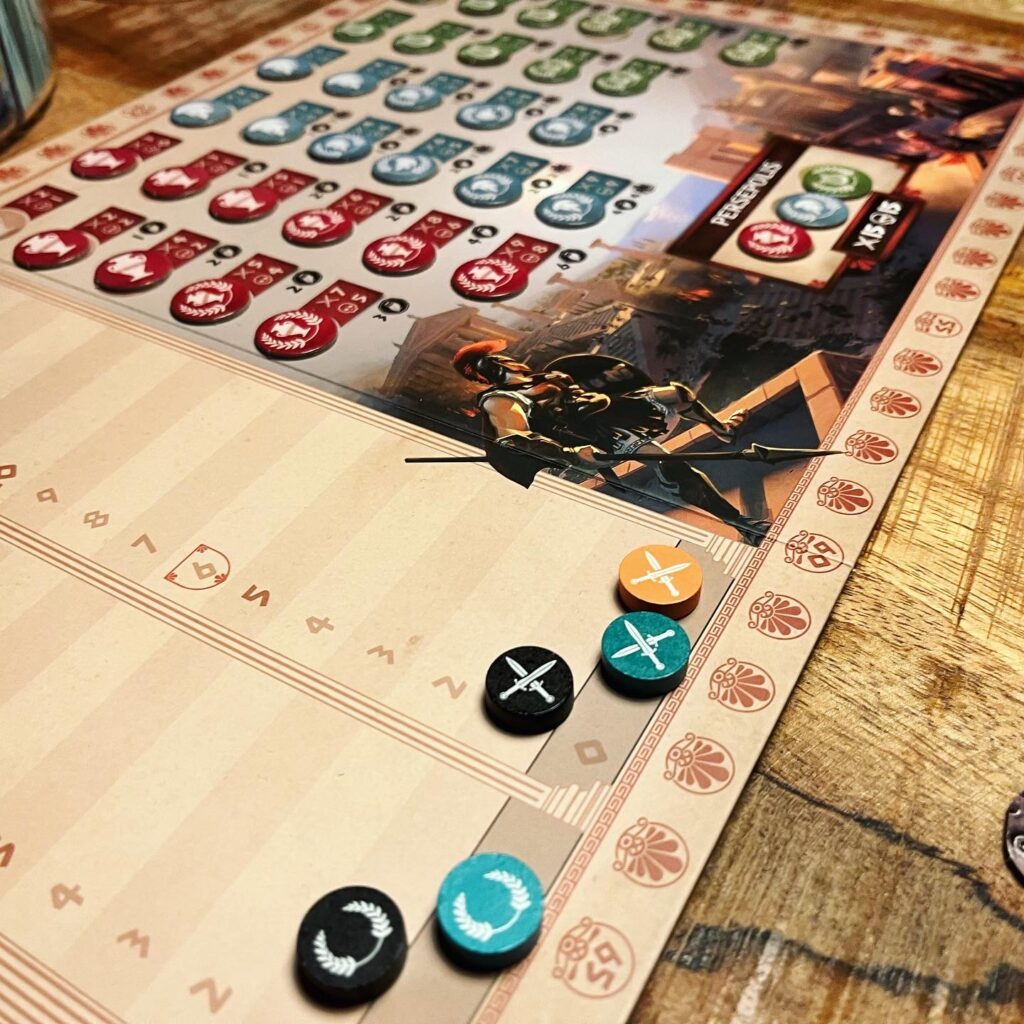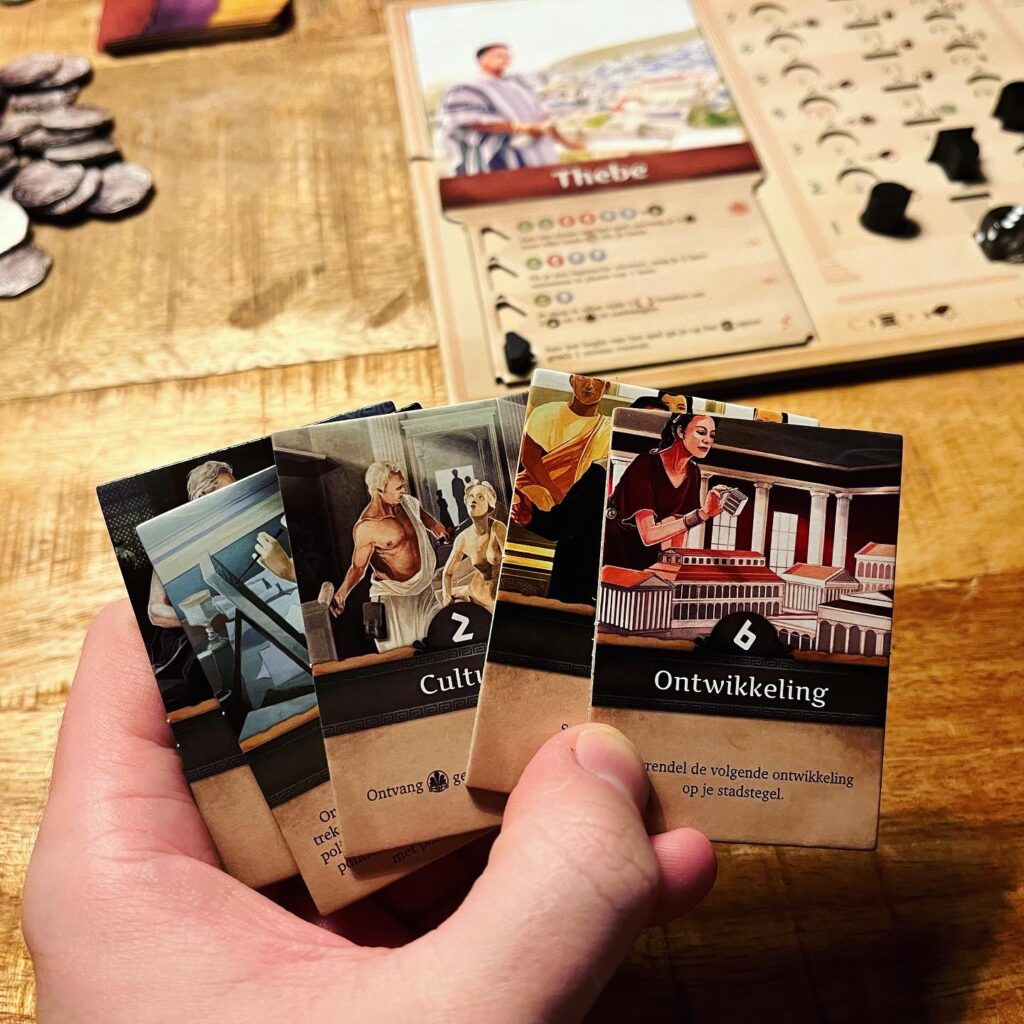Thebes, Corinth and King Oedipus
One of the most famous Greek tragedies is a three-part series about Oedipus, King of Thebes, written by the Greek tragedian Sophocles. Of all the tragic stories in Greek mythology and legend, the story of Oedipus is the most tragic. The story of Oedipus, of which we in the modern world are mainly familiar with the version written by the above-mentioned tragedy poet Sophocles, begins with the childless King Laius of Thebes and his wife, the beautiful Queen Jocasta. Laius and Jocasta have been trying for a long time to have offspring together, but as yet they have been unable to have children. After Laius consulted the Delphic Oracle, it was predicted that if Laius had a son, his son would kill him. So when Jocasta gave birth to a son, Laius ordered his right-hand man to chain the baby by the ankles and banish it to a nearby mountain to be abandoned. Good riddance, Laius thought.
The baby was found and given to the also childless King Polybus of Corinth and his wife Queen Merope. The king and queen of Corinth had long desired a child and were delighted that their prayers to the gods had been heard. They affectionately called their adopted child ‘Oedipus’, which translated freely means swollen feet, probably swollen because of the chains. Oedipus, unaware of his origins and the fact that he was adopted, grew up to be a happy young man until a drunk called him a bastard child. Oedipus, startled by these accusations, went to seek advice from, you guessed it, the Oracle of Delphi. The Oracle, who had already given Oedipus’ biological father a terrible prediction, predicted to Oedipus that he would kill his father and marry his mother. Oedipus loved his mother Merope very much, but not in that way, for that was a mortal sin. His father Polybus was also a good man who did not deserve such a fate. Oedipus therefore decided to flee Corinth to avoid his fate. His destination? Thebes seemed nice…
On his way to Thebes, Oedipus defeats the monstrous Sphinx by solving some riddles and has an incident with an old man. The old man thunders towards Oedipus in his chariot and they have an argument about the rules of the road. The quarrel gets out of hand and Oedipus, in anger and self-defence, kills the old man and his passengers. Satisfied, our ‘hero’ arrives in Thebes and learns that King Laius has recently died. Queen Jocasta’s brother, Creon, is temporarily regent. Creon had announced that the one who would defeat the Sphinx would become king of Thebes and receive the hand of his sister. Oedipus remembers that he had already tackled the Sphinx and throws himself in. Oedipus marries Jocasta and part of the prophecy is fulfilled – unconsciously. The other part of the prophecy then?
Oedipus rules Thebes for some time together with his mother wife Jocasta. They have children (of which, miraculously, nothing seems to mark them) and are happy. This changes when a messenger comes bringing news from Corinth. Polybus has died and his adoptive mother Merope wants Oedipus to return. Oedipus is pleasantly surprised – after all, he did not kill his father Polybus – but he is still afraid of the other part of the prophecy. The thought of marrying his mother disgusts him again. However, the messenger, the same man who found him on the mountain and gave him to his adoptive parents, tells him the whole story about his adoption. The pieces of the puzzle begin to fall into place and slowly Oedipus gains more and more information. He also discovers who killed King Laius – his biological father – namely Oedipus himself. That old man in his chariot? King Laius. It must have been a dramatic moment when Oedipus was slowly tying up all the loose ends. Jocasta was his mother and Laius his father. The prophecy had come true. Jocasta tragically robs herself of her life and, in order to repent, punish himself and no longer have to face all the horror, Oedipus bloody deprives himself of his sight by gouging out his eyes. Blind, the king moves on…

Khôra and Polis
Long story short: you cannot tempt fate. Oedipus, by the way, could have been king of Corinth and Thebes if he had wanted to. These two cities, and other important cities of ancient Greece of which I can still tell many stories (Sparta, Argos, Athens…), play the leading role in the game Khôra by White Goblin Games and iello games. In Khôra (Ancient Greek for urban sprawl), players work on their Polis (Ancient Greek for city-state). Will you become a powerful ruler of a city-state or will you end up as a Greek tragedy?

Khôra is played in 9 rounds in which players complete different phases simultaneously. Players each have their own player board and a city tile with special properties and starting positions that they place in their player board. At the beginning of the round, an event is revealed that is settled at the end of the round. Next, players collect taxes according to their tax track. Players simultaneously roll their available dice and assign actions to them. Players each have a set of action tiles with increasing values. To allocate a die to an action tile with a higher value, they have to sacrifice population (a bit similar to the sacrifice Athens had to make to King Minos of Crete to feed his stepson the Minotaur…). After taking actions, players can progress (literally via a track on their player board) and must complete the event of the round.

There are 7 different actions, namely: philosophy, legislation, culture, trade, army, politics and development. In short, players use these actions to make progress on the various tracks and on their player board in order to build a well-oiled machine and to take their city state to great heights (almost as high as a titan). Trade, for example, provides money to pay for other actions. With army you can wage war and collect knowledge tokens (to score many points and again pay for other actions) and with politics you can play cards for special effects. The actions and number of rounds are limited, so players will face a lot of dilemmas. The game contains a wealth of different choices and strategies, but also a lot of choice stress.

Because of the many choices, Khôra is a very strategic game that is extremely suitable for the multiplayer. Fortunately, the game is also fast paced, as players go through the various phases of a round simultaneously and perform their actions simultaneously. Furthermore, the game is beautifully and practically designed. The game is complex because of its many strategies, but the game mechanics themselves are intuitive and easy to pick up, making Khôra feel as elegant as an ancient toga.



